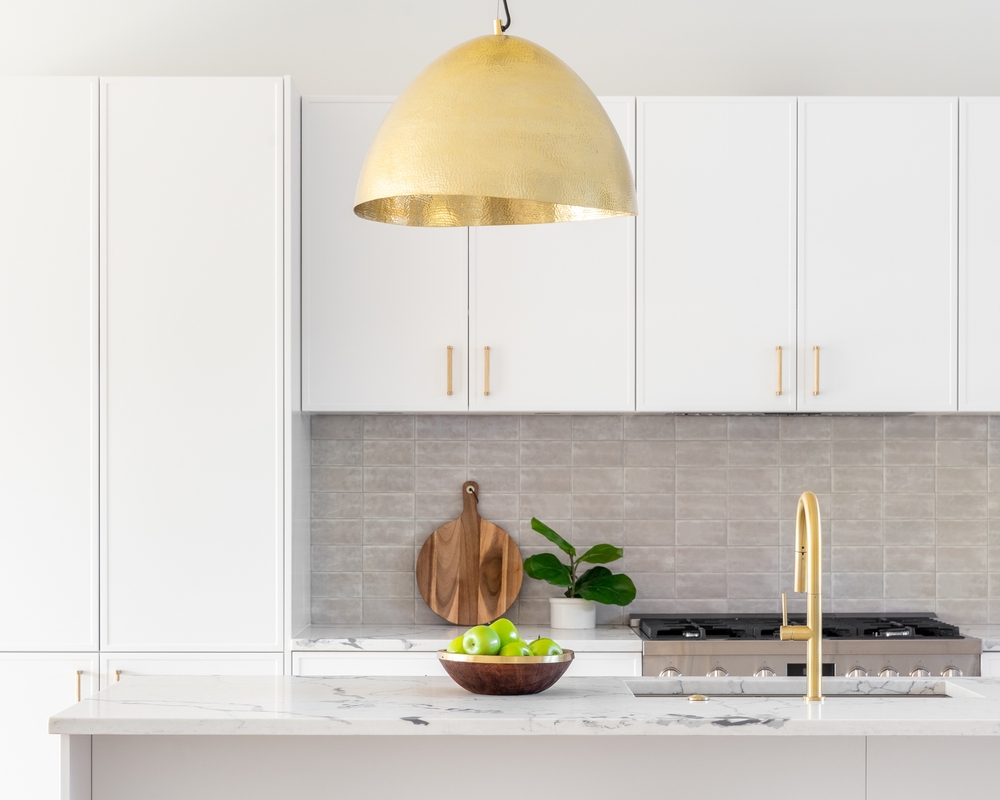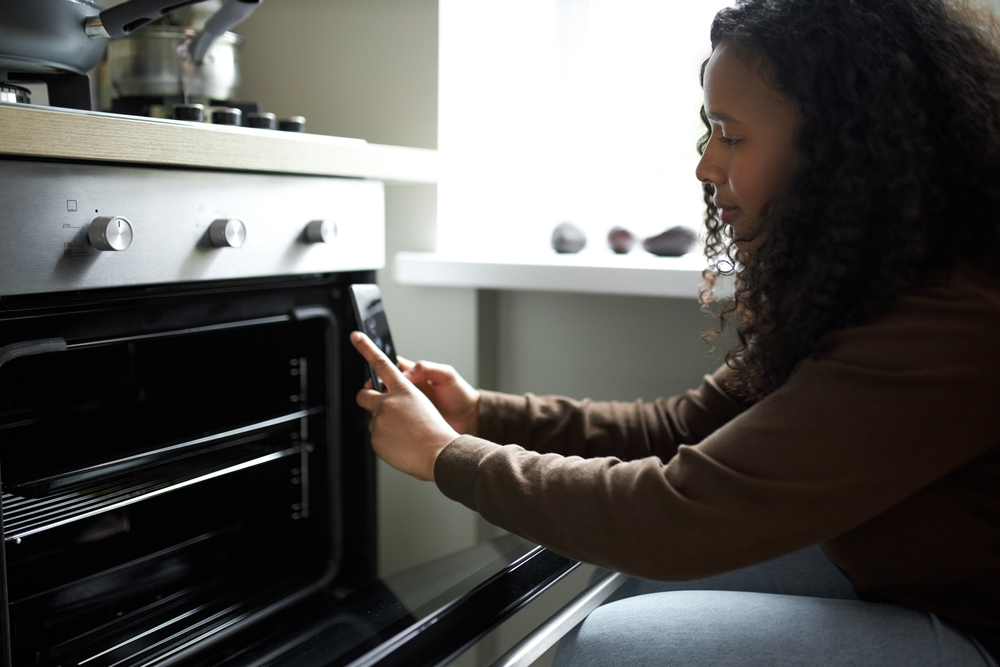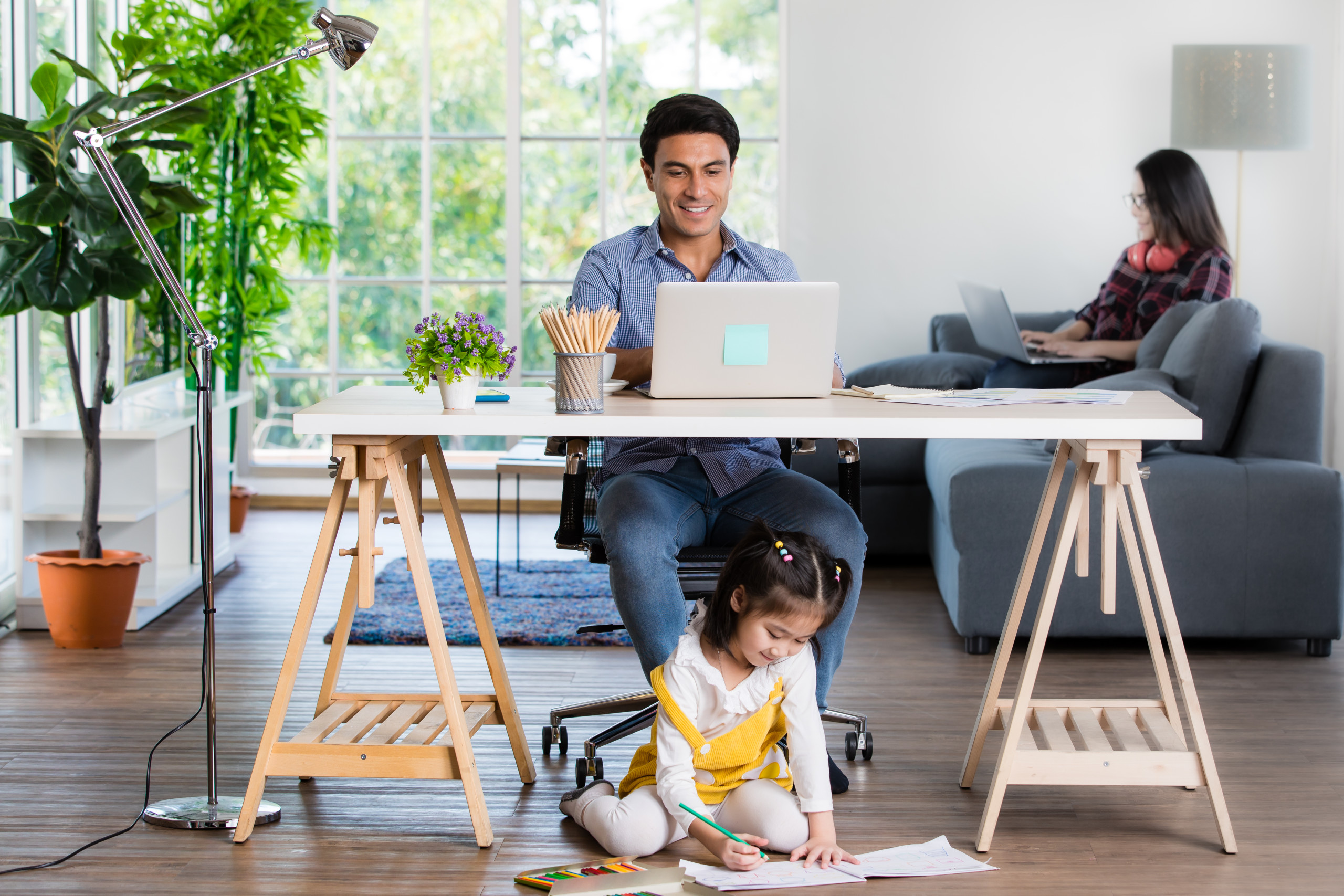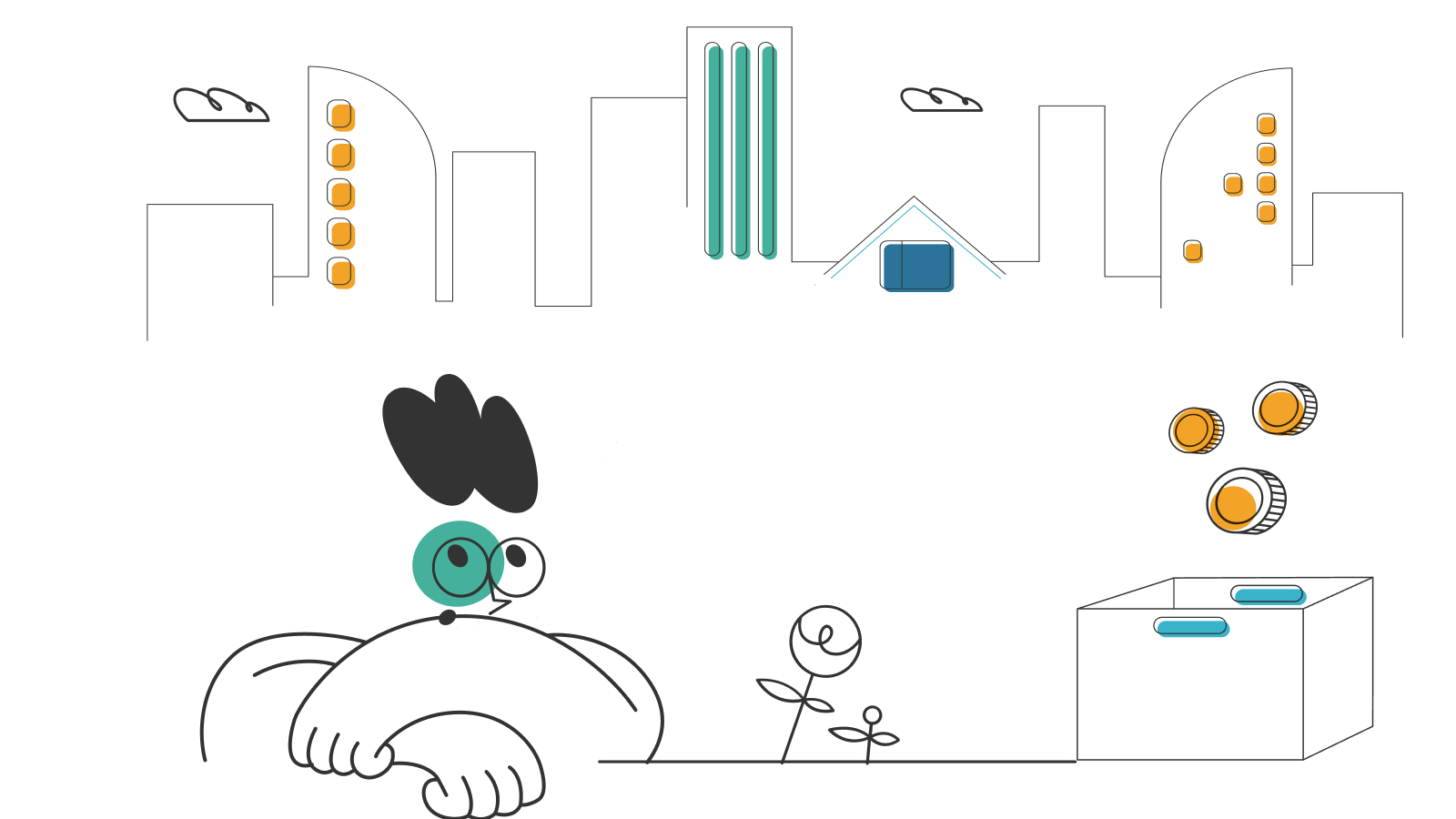Home Security Systems: Everything You Need to Know
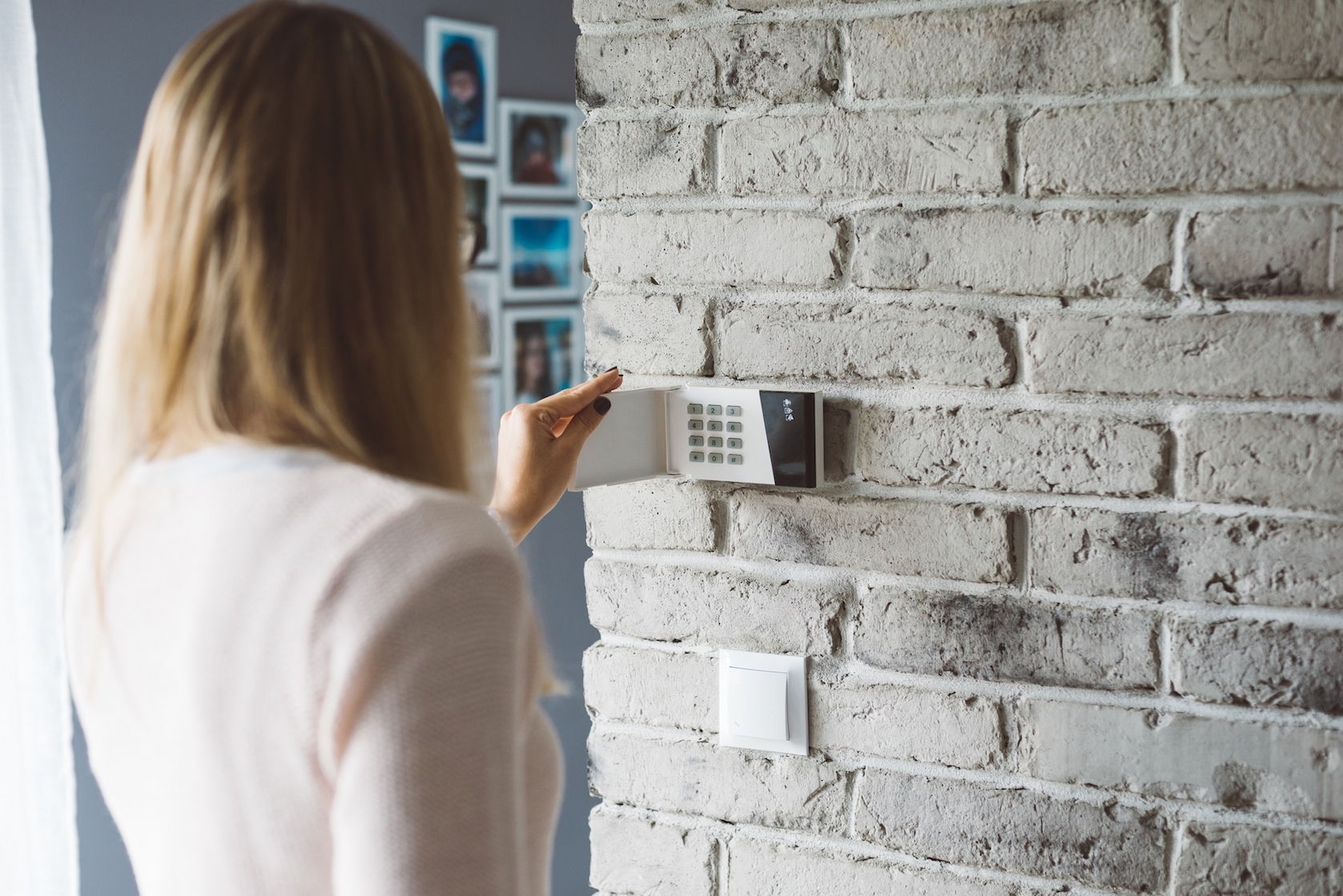
Moving soon? Get organized with our free moving checklist.
Home security systems have come a long way since endless wiring and a lengthy installation process. Today, thanks to technological marvels such as smart devices and wireless connections, home security systems are much more straightforward to set up. In fact, a home security device might be simpler to install than mounting that new flatscreen before the football game on Sunday.
So why is a home security system all that important? It turns out that over one million burglaries occur in the US every year. Safeguarding your personal property and household is critical.
Opting for the right security system will depend on your needs. Do you need surveillance and armed response? Will you require a door cam, access to an app to keep an eye on your home when you’re away, and perhaps window and door sensors? Knowing what to look for might make this decision a little easier.
Why you should consider home security
A home security system is a network of devices that all work together to secure your home. A typical system has a control panel, door and window sensors, motion detectors, a high decibel alarm, and signs for your yard and windows. Each component plays a part in keeping your home secure, with the control panel acting as the system’s primary control center. There are options to include professional monitoring, which alerts the police to the break-in.
What is professional monitoring?
When the alarm is triggered, the home control center alerts the security company. Depending on the security system, a trained security professional will attempt to communicate with the homeowner through their system or telephone. What happens if you accidentally set off your alarm? Professional monitoring allows you to explain the situation before notifying emergency personnel.
If an actual intrusion occurs, the security professional will inform the police, ambulance, or fire department of the emergency. Different companies have different regulations surrounding how long they wait to contact the authorities, so be sure to ask your provider what theirs are.
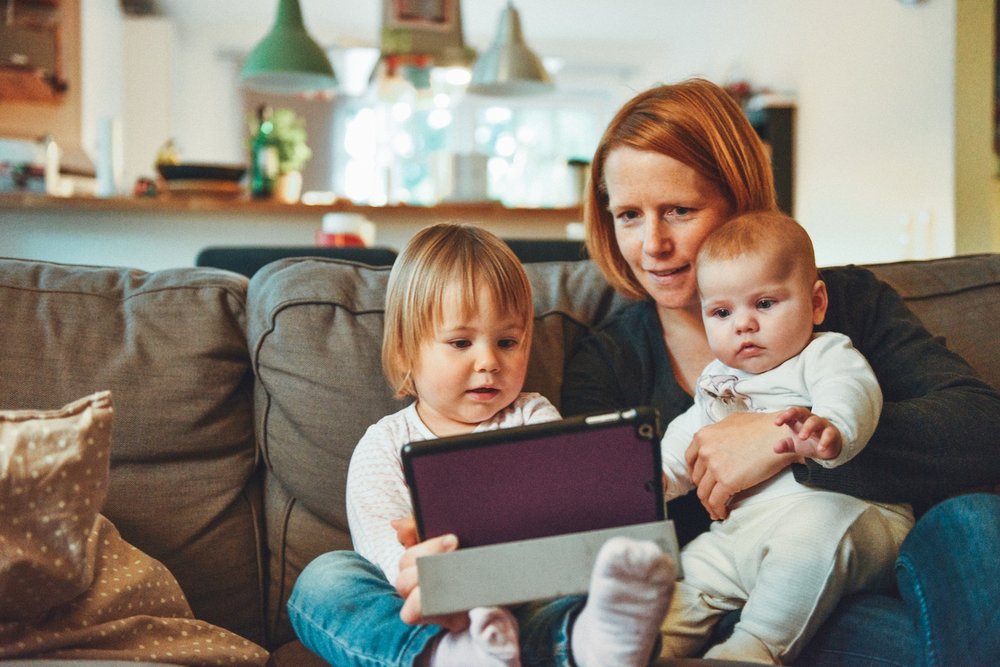
7 Things to consider when choosing a home security solution
Choosing the right security system is about more than just going with the biggest provider. The perfect fit will depend on many different factors.
1. Cost
Multiple security options are available, from basic to highly advanced. When choosing your plan, you’ll want to consider the size of your home and household and whether you have small children and pets. With many home security packages, you’ll pay up-front installation and activation fees, along with monthly service fees.
Installation costs to consider
Installation of a basic security system can be simple, and you may be able to handle it all yourself. For some security solutions, you only need to install an app on your smartphone and set up the hardware according to the instructions. If you’re looking for a DIY kit, the cost can start from as little as $199 for the hardware alone. If you choose to have someone install the kit, your prices will go up. Some professional security providers include the installation fee in their activation fee.
Activation costs
An activation cost is an administrative fee that covers the setup costs for the provider, like an initiation fee. These fees can be as much as $200.
Monthly home security plan costs
There are often both upfront and monthly costs when you buy a home security system. The upfront price covers the equipment (sensors, control panel, etc.), and the monthly fee covers maintenance and professional monitoring. Keep in mind that each provider is different. Some companies offer set packages, and some allow you to build your own system.
Adding professional monitoring to the mix can cost an extra $20-$50 a month, depending on the provider. While unmonitored systems cost approximately $10 to $15 per month, having your home monitored by a trained security professional the right move for many people. If you are in a dangerous situation, you don’t want to be left alone.
2. The size of your property
Your home size may impact your security needs. Factors to consider include:
More entry points
A larger home will often have more entry points. More windows and doors require additional sensors and cameras, so keep that in mind when shopping for a system. Since 34% of burglars use the front door, and 23% break in through first-floor windows, you’ll want to be sure each of these entry points is protected.
Harder to monitor
You can’t be in two places at once, so having a larger home can make it more challenging to monitor your home in its entirety. To stay on top of any unwanted activity, you may want to purchase security cameras and additional motion detectors for your home.
3. The sophistication level of your desired security system
You can opt for a very basic plug-and-play option that hardly requires any installation, or you can deck your property out with a smart home setup. Advanced setups can incorporate anything from the doorbell camera to the lighting and access to your thermostat.
When you opt to connect the security system to an internet connection, note that a few options are available.
- Cellular. This connection type is costly as it relies on a mobile connection. However, there are clear advantages. It uses a SIM connection that allows immediate and untampered communication between the home control panel and the security company’s control room.
- Phone line. While this may be a cost-effective option, it’s also dated and unreliable. If there are problems with the lines or they’ve been tampered with, your signal won’t be relayed to the control room.
- Broadband. One of the most significant considerations with broadband is that it relies on power to work. If there’s a power outage, you must connect your modem to an uninterrupted power supply or external battery for it to continue working.
4. Children and pets
You don’t want your beagle or tabby cat tripping the alarm every night, so if you have a pet, you should invest in an alarm system designed with pets in mind. Additionally, ask whether your potential provider offers protection for pet doors. It might sound strange, but an entry point is an entry point.
If you have children, consider any additional features such as cameras or extra door sensors you might need. Want to keep them out of the den? Make sure your system offers protection for internal doorways too.
5. The location of your property
The location of your home is critical when determining the type of security system you need. For example, protecting your home on a cul-de-sac requires different security features than the main street. Similarly, if your house is near a wooded area or lake, it could increase your risk of fire or flood, so you’ll want additional protection and appropriate features to match the placement of your home.
6. Regular delivery drop-offs
Frequent visitors and deliveries call for additional household protection. Depending on your lifestyle, you may want security cameras, doorbell cameras, or keypad locks. This way, you can keep an eye on your packages and let people into your home while you’re out.
7. The hardware
The hardware is the heart of your home security system, and choosing the proper configuration will go a long way. For instance, if you live in an apartment on the 17th floor with no balcony or fire escape, installing window sensors wouldn’t make sense. However, you will want to pay a lot of attention to the doors that can access your apartment. A freestanding house will have a completely different setup. Common hardware includes:
- Cameras. There are several configurations available for cameras. For instance, there’s the doorbell camera that alerts you when someone is at the door. It requires an internet connection to send the visuals to your device. There are also camera systems that record footage to a hard drive, which you can access over the internet or remotely. The number of cameras will also depend on your needs, such as whether you’d like them to focus on entrances only or whether you want them set up in the common areas in your house.
- Motion detectors. A motion detector detects and measures movement within a specific radius. Modem motion sensors are a little more adept at differentiating between pets and intruders.However, more straightforward designs will trigger with any movement.
- Sensors. Window, door, and glass break sensors are all essential components of whole house security systems if you want to be alert to intruders.
- Hazards. While burglaries are a big reason to invest in home security, systems can also alert homeowners to other dangers. Hazard sensors include smoke and carbon monoxide detectors, flood and leak sensors, and temperature sensors. These are especially important in areas prone to natural disasters such as flooding and wildfires.
- Panic buttons. Some professional monitoring services offer customers panic buttons. People can often carry panic buttons to activate in an emergency. When receiving an alert from a panic button, the security monitoring company will endeavor to make contact first. If unsuccessful, will request a patrol vehicle to go to the property.

How to choose a home security company
When it comes time to purchase your home security system, make sure you find a company that has everything you need. A few pointers should help during the decision-making process:
- Reputation. Word of mouth is a powerful research tool, and when you’re in the market, this means speaking to your friends and neighbors. Find out who they use and how they find the service. Also, check online reviews from reputable sites such as Trustpilot and Better Business Bureau (BBB). If the company you’re looking at is constantly in hot water over service delivery, you might want to give it a pass. When it comes to security, quick response and good service are essential.
- Regulatory requirements. Make sure potential service providers’ accreditation and licenses are in good standing.
- Associations. To be safe, hire a company that’s a member of a recognized security organization such as the Security Industry Association.
- Contracting requirements. Compare packages and ensure that the contract on offer suits your needs. For instance, if you’ve just purchased a new house and plan on staying there for years, a three-year contract might be a good fit. However, that same three-year contract might not work for someone renting and looking to move within a few months. Not all contracts are transferable to other properties, especially if you’re leaving the county or state.
- Cost. Calculate both the monthly and upfront costs to ensure they fit your budget. Also, make note of introductory costs and whether your plan will increase in a couple of months.
- Hardware quality. Once the hardware is delivered, confirm the quality of the system and the technology itself. Does it work, and is it reliable? You may only have a few days or weeks to return it, so be sure to do a proper check.
With home security, you get what you pay for. You can get by with a basic, cheap package, but it might not offer what you need. Professional monitoring and additional sensors might cost a few extra dollars to set up and maintain, but the payoff in peace of mind can make the added expense worthwhile.
Top players in the home security market
Some security companies have perfected the art of home security. Getting to know a few of the most reputable security providers can help you clarify options for your home.
Vivint
Vivint offers a suite of security products that you can use to create a custom package to meet your security needs. Additionally, the company offers professional installation and a $0 activation cost, with packages starting from as little as $29.99 per month. Vivint has earned good ratings on sites such as Trustpilot, and customer service is one of its strengths.
ADT
ADT is one of the most well-known home security establishments in the country. It has years of experience in the professional monitoring arena, and its packages start from as little as $19.99, excluding hardware. Customers can purchase the hardware upfront or include it in their packages. The company has achieved an A+ rating from the Better Business Bureau (BBB) by demonstrating its commitment to resolving customer complaints.
Ring
Ring is quickly becoming a significant player in the security monitoring marketplace. The company offers various self-monitoring options and provides a professional monitoring service. It’s relatively easy to set, up and its claim to fame is the doorbell camera, which alerts you when someone is outside your home. Packages start from as little as $19.99 per month, and hardware can be purchased upfront or included in a monthly plan. Ring has an A+ rating with BBB.
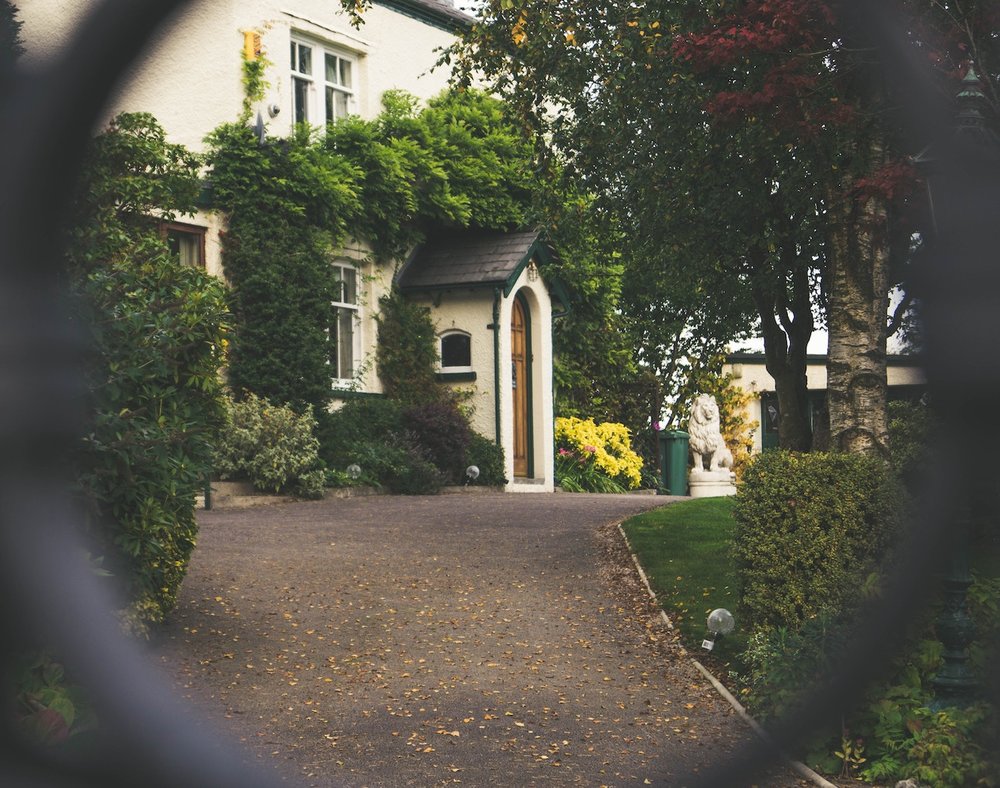
Frequently asked questions
Is a home security system worth the cost?
Given the cost, you might wonder if a home security system is worth the investment. Let’s look at some numbers to help you decide. According to a recent study, 60% of convicted burglars said they would avoid a home if it had a security system. That means you can lower the risk of break-ins significantly by having a security system. While the potential costs are high, keeping your family and household safe is a top priority.
What if my new home already has a home security system?
If you’re moving into a new home that’s already equipped with a home security system, you have three options:
- Activate the system by calling the current security provider. While you’re on the phone with them, you’ll also want to update and change any codes, passwords, and any personal information associated with the system.
- Replace the system once you decide on the best home security provider for you. Shop around and give your new security company a call to make the transition go smoothly. Your new provider may have restrictions or requirements when changing service or removing the old system, so make sure you’re informed.
- Update the system or plan of the already-installed system by calling the security provider and discussing your options. Be sure to ask about pricing. You don’t want to be stuck with an unexpected bill.
How are smart and traditional home security systems different?
Smart home security systems have advantages and disadvantages. They can be less expensive than traditional systems and are easy to install yourself. This makes smart systems a user-friendly alternative for renters and small homeowners.
That said, not all smart home security systems are professionally monitored. While notifying you of an intruder is essential, having a professional service that can connect you to emergency services provides the most complete protection for your home.
Now that you have the lowdown on home security, you can start hunting for your ideal system. Take the time to determine your household’s needs and priorities, and rest assured that you’ve made the best decision for you and your home.



